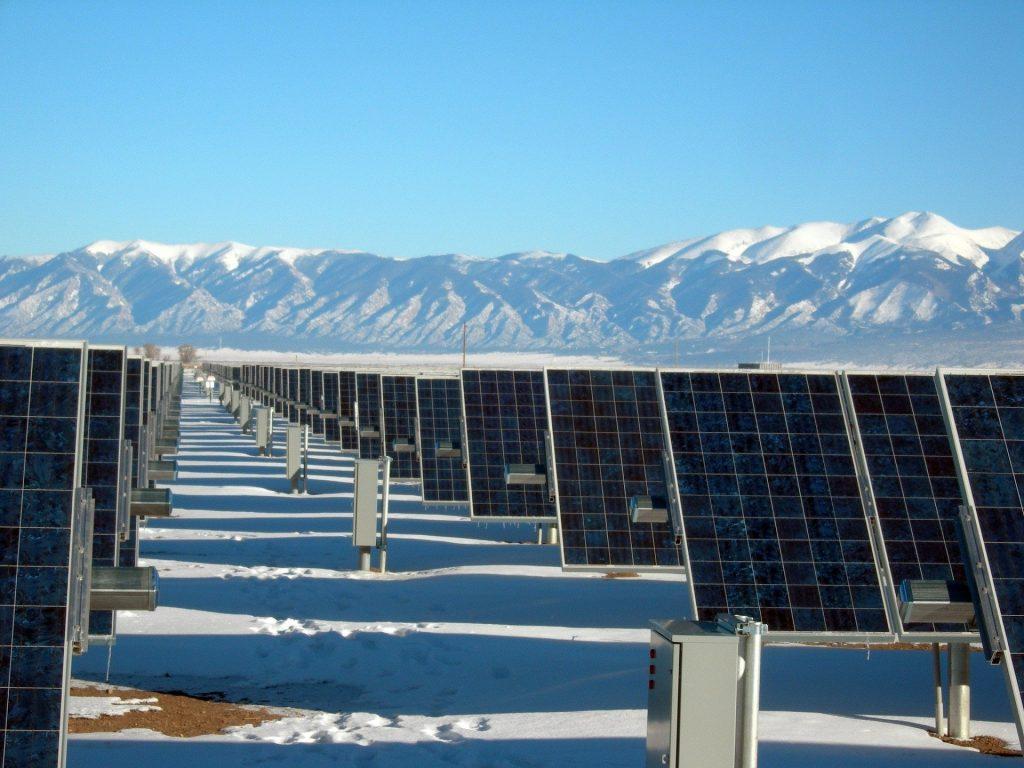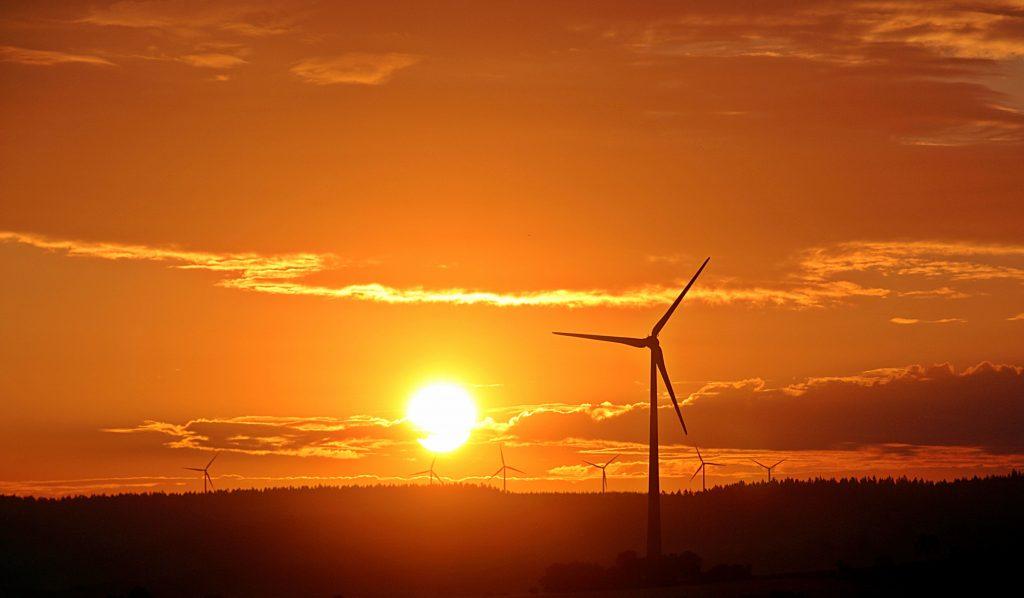What is Renewable energy?
Renewable energy is the energy produced from renewable energy sources. It is the clean energy that is converted from natural sources or processes that are constantly replenished.

What are the sources of Renewable energy?
A renewable energy resource is a natural resource that will replenish to replace the portion depleted by usage through natural production or other recurring processes. The main sources of renewable energy are:
- Sun
- Water
- Wind
- Biomass
- Geothermal resources
How do these sources of renewable energy work?
- Solar Energy
Sunlight is available in abundance on earth for no cost. According to the National Renewable Energy Laboratory,” more energy from the sun falls on the earth in one hour than is used by everyone in the world in one year.” The solar cells in the solar plates transform the sunlight directly into electricity. Solar energy is also used to heat houses and warm water. Moreover, it does not produce any air pollutants or greenhouse gases. Although, the amount of solar energy depends on the time and geographical location as well as the season of the year.


- Wind Energy
The wind is also a source of clean energy. The winds turn turbines which feed generators and produce electricity. It is the cheapest energy source and a good source for energy generation in areas with high winds.


- Hydroelectric Energy
Hydroelectric power works similarly to wind power but water is used in this to turn turbine blades to generate electricity. Hydroelectric plants used high-flowing water in rivers or from waterfalls.


- Biomass Energy
This energy is generated or produced by living or once-living organisms, particularly plants and animals. The common biomass materials used to generate energy are wood, crops, manure, and some garbage. Biomass is organic and we can always grow more trees and crops and waste will always exist. When burned, the chemical energy releases heat which can also be converted into electricity.
- Geothermal Energy
The word Geothermal comes from the Greek word ‘Geo’ which means Earth and ‘Thermal’ means heat. This is the heat energy within the earth. Heat is constantly produced inside the earth and is not dependent on weather conditions. Water or steam carries geothermal energy to the earth’s surface which is used for heating and cooling purposes and also to generate electricity.


Benefits of Renewable Energy
- The major benefit of renewable energy is that it is a fuel supply that never runs out.
- Generating energy from renewable sources produces no air or water pollution
- The greenhouse gas emission is also zero in producing energy from these sources
- It is the cheapest source of producing electricity
- It has lower maintenance requirements.
- It saves money.
- It also helps save the environment.
Renewable energy sources are the best option to change the current trends and save the environment. Although the initial cost for setting up these might be higher, it will yield great benefits both for humans and the environment.
